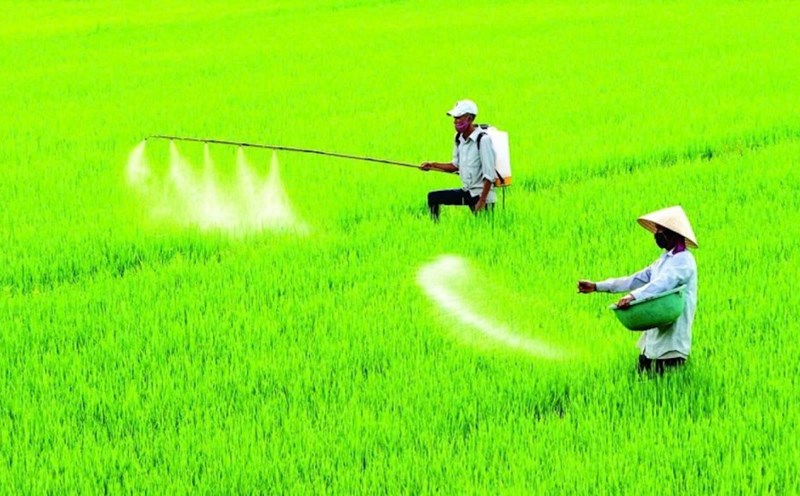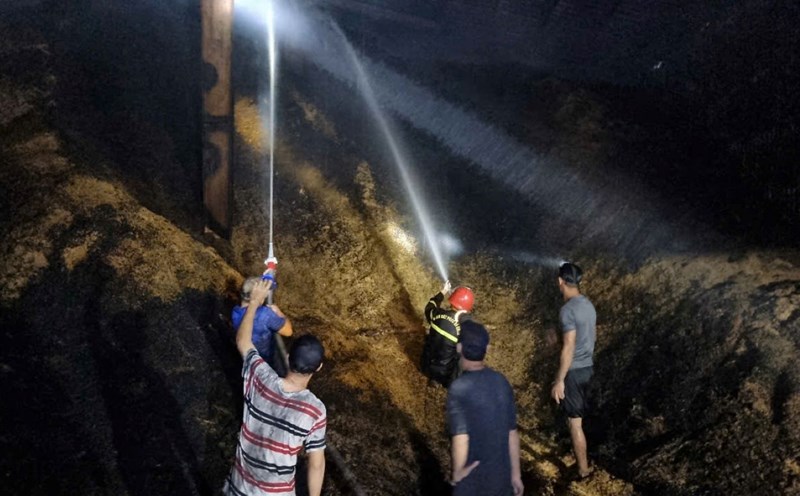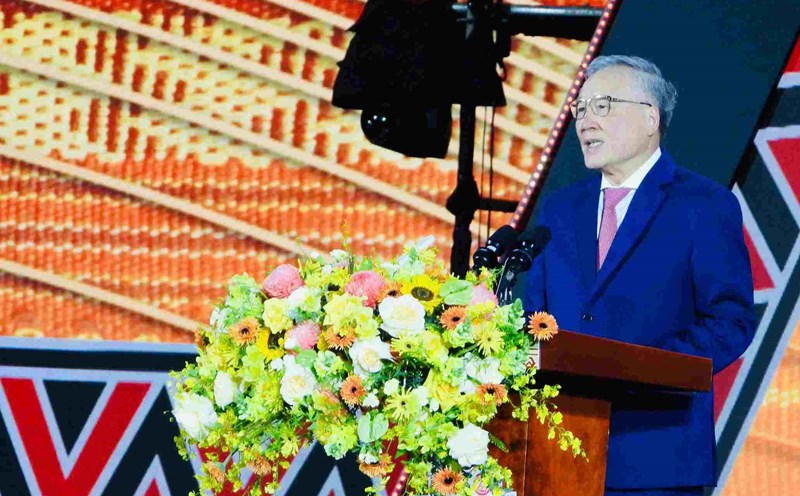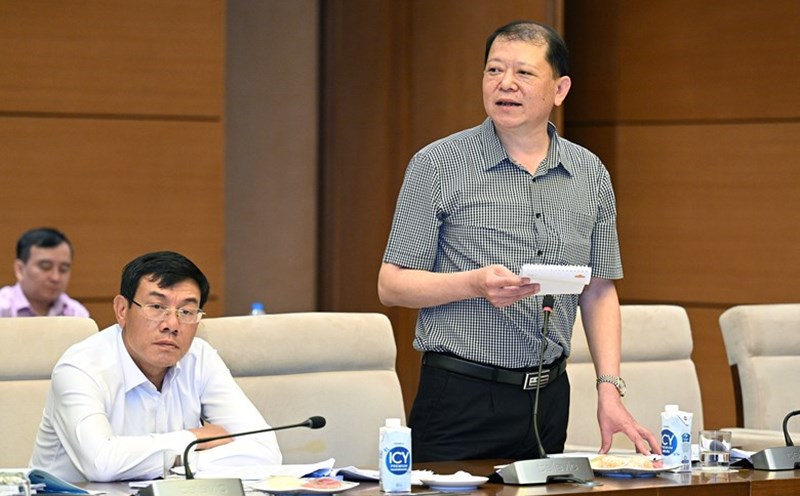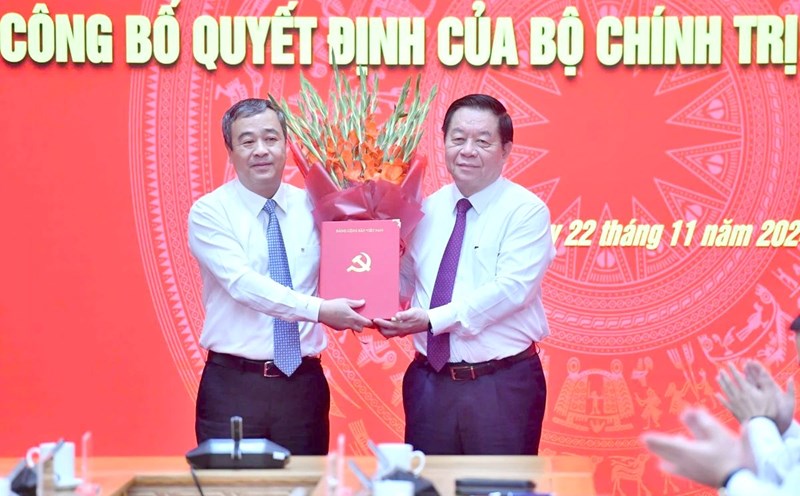How does VAT affect domestic and imported fertilizer prices?
The draft amended Law on Value Added Tax has been discussed and is expected to be approved at the 8th session of the 15th National Assembly. In particular, the proposal to impose a 5% VAT on fertilizers has received attention, especially from fertilizer enterprises.
Expressing support for this proposal, the representative of the leadership of PetroVietnam Fertilizer and Chemicals Corporation - JSC (PVFCCo, HOSE: DPM) said that PVFCCo fully supports the proposal to impose a 5% tax, because PVFCCo itself and many domestic fertilizer production and trading enterprises have persistently proposed this for many years.
PVFCCo representative also said that applying 5% VAT will certainly increase the cost of imported fertilizers, because of additional tax. Meanwhile, the selling price of domestic fertilizers will decrease. Because domestic production meets up to 70% of demand, this is generally beneficial for farmers.
For enterprises producing fertilizer from domestic raw materials, supplies and services, according to the leader of PVFCCo: "The proportion of input costs is quite high, up to 70 - 80% of the selling price excluding VAT, and this part is subject to 10% VAT, equivalent to about 7 - 8% of the selling price excluding tax. When VAT is not applied, this input VAT must be added to the cost, and farmers themselves must bear this tax."
To analyze more clearly, PVFCCo's leader gave an example: "If the input cost is 80 VND, then the input VAT of 10% is 8 VND. The enterprise plans to sell the product with a profit of 20 VND, plus the production cost of 80 VND, the total is 100 VND. The enterprise must add 8 VND of input tax, making 108 VND. This is the selling price to farmers, including 100 VND (the enterprise's part) + 8 VND (the State's part).
If 5% VAT is applied, the enterprise will be refunded the input VAT of 8 VND by the State, and the State will only collect 5% VAT, equivalent to 5 VND (on the selling price excluding VAT of 100 VND) from farmers. Thus, the selling price to farmers is 100 VND (the enterprise's part) + 5 VND (the State's part) = 105 VND, less than the selling price of 108 VND when VAT is not applied.
In both cases, the enterprise's part does not change, only the VAT portion that the State collects from farmers changes," the PVFCCo representative analyzed.
Leveling the playing field for domestic and imported fertilizers
From the above analysis, PVFCCo leaders believe that if the above proposal is approved by the National Assembly, it will be very good for farmers, domestic production enterprises, and the State. This will eliminate previous inadequacies, re-establishing a level playing field for domestic and imported goods.
Second, under the same conditions, imposing a 5% tax will help reduce the selling price of products to farmers compared to no tax.
Third, the reduction in VAT revenue from domestic products will be offset by VAT revenue from imported goods from foreign countries (estimated at more than VND 1,000 trillion/year) that the budget previously did not collect a single dong from.
“All of these will help increase the competitiveness of domestic enterprises, creating conditions for domestic enterprises to boldly invest, develop production, innovate technology, create new products to meet the requirements and goals of green economy, circular economy…” - PVFCCo leaders emphasized.
Not only PVFCCo, many experts and fertilizer businesses have expressed support for the proposal to impose a 5% VAT on fertilizer products.
In particular, the representative of the Vietnam Oil and Gas Group (PetroVietnam) - the parent company of Ca Mau Petroleum Fertilizer Joint Stock Company (Ca Mau Fertilizer, HOSE: DCM) - recently submitted a document proposing the Draft Law on Value Added Tax, in which it proposed to include fertilizers in the subject of 5% VAT to ensure competition between domestically produced fertilizers and imported fertilizers for the benefit of the country's agricultural production; at the same time, there should be regulations on tax refunds for domestic production and business establishments.



